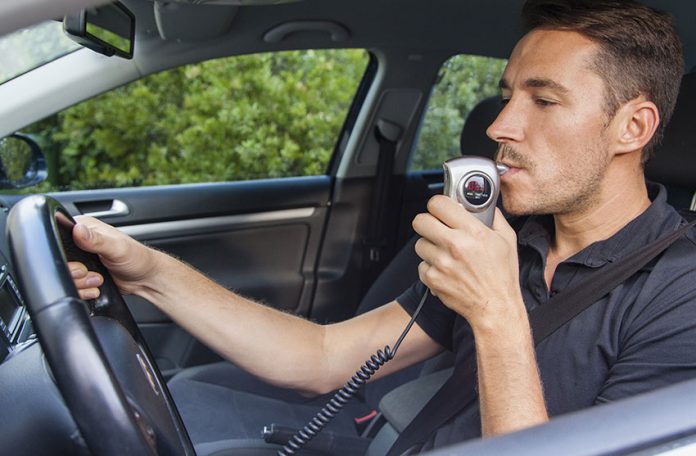The Senate has approved a new transportation law that prohibits the use of cell phones while driving, makes license exams compulsory and orders the use of breathalyzer tests across the country.
Senators on Tuesday voted unanimously in favor of the changes made to the General Transportation and Road Safety Law (LGMSV) by the lower house of Congress. The new law will take effect after promulgation by President López Obrador.
Citizens Movement party Senator Patricia Mercado, president of the metropolitan zones and transport committee, said the law’s objective is to reduce accidents on the nation’s roads, including those involving pedestrians and cyclists.
Car accidents are the leading cause of death for children and young people up to the age of 24, she said, highlighting that an average of three children die on the road every day. Mercado said that nine of 10 accidents that cause loss of life are due to excessive speed and/or the use of alcohol.
The law establishes measures across the country to avoid such deaths, the senator said.
The law bans drivers’ use of cell phones and all other electronic devices unless they are being used in hands-free mode, and stipulates that people applying for a driver’s license must pass an exam with theoretical and practical components.
In Mexico City, one of the cities with the highest density of traffic in the world, there is currently no theoretical or practical examination process.
The new law prohibits the use of a motor vehicle with a blood alcohol content above 0.05 grams per 100 milliliters and orders ongoing breath tests in all 32 states. Drivers caught with a blood alcohol content above the legally permitted level or under the influence of drugs will lose their license for a minimum of one year, according to the new law.
It also makes the use of seatbelts by all occupants of a vehicle compulsory and stipulates that motorcyclists must wear helmets.
It also proposes maximum speed limits for different kinds of roads: 30 kilometers per hour on side streets, 50 kph on main roads without controlled access, 80 kph on main roads with controlled access, 80 kph on state highways and 110 kph on federal highways.
Buses are limited to 90 kph on federal highways while the maximum for freight vehicles is 80 kph.
National Action Party Senator Xóchitl Gálvez urged state governments to apply the new law within their borders, noting that the changes made to the law will not be of any use without their enforcement at the local level.
With reports from Milenio, El Economista and Reporte Indigo
